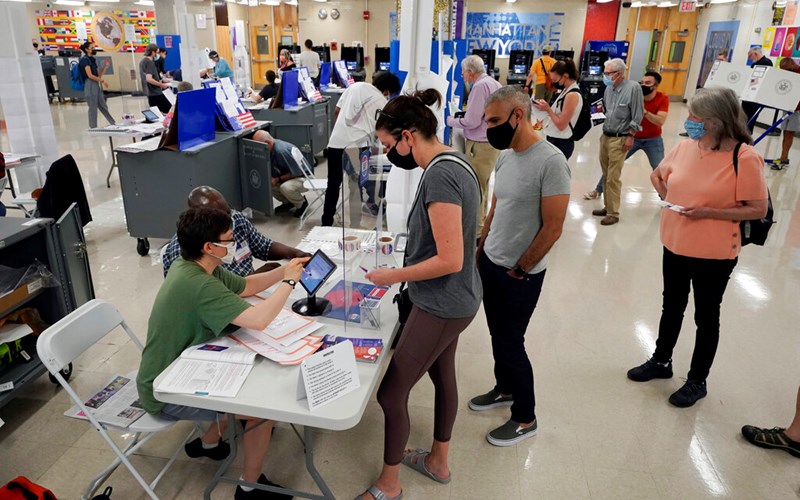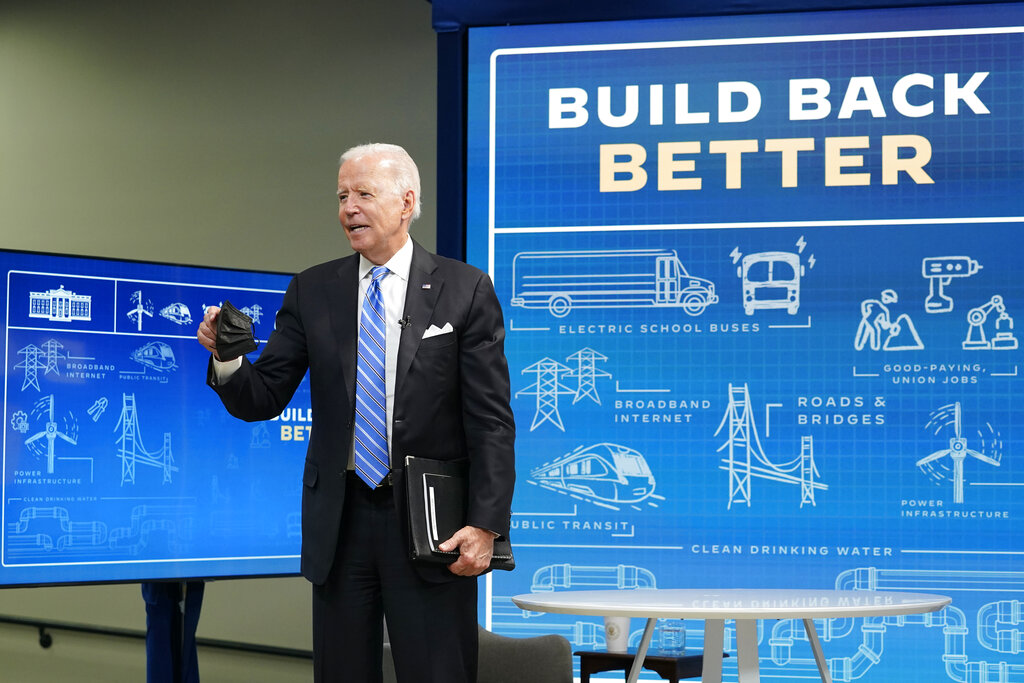The Heritage Foundation has just released its Election Integrity Scorecard. It compares the election laws and regulations of each state that affect the security and integrity of the process to the Foundation's "best-practices recommendations." Those recommendations, according to a press release, were created by analysts at Heritage "in consultation with a wide variety of outside election experts."
Heritage Action, the politically active arm of The Heritage Foundation, is sending this out to state lawmakers and grassroots activists to show them how their state ranks on election integrity and how secure their elections are at this time.

Lindsey Curnutte is press secretary of Heritage Action. "The top three states [on the scorecard] are Georgia, Alabama, and Tennessee," she says. "The absolute worst state for election integrity is Hawaii, followed by Nevada and California.
"[This] a new, exciting initiative we're rolling out that's really going to be a nice roadmap for 2022 for the grassroots."
Included with the online scorecard is an interactive map of the states plus the District of Columbia. Visitors can scroll over each state to see its ranking. The scorecard is just one offering from the website Save Our Elections. Curnutte explains:
"There's also a list of different resources, drafts [and] bills for state legislatures, and best practices around election integrity that you can use to take to your state legislature and fight for election integrity …. It's really that one-stop shop for all the tools [and] resources to secure your elections and make it easier to vote and harder to cheat."
Heritage reminds the public that it's up to the citizens of each state to make sure that public officials – whether elected or appointed – are responsible for enforcing election laws rigorously … otherwise those laws aren't worth much.







